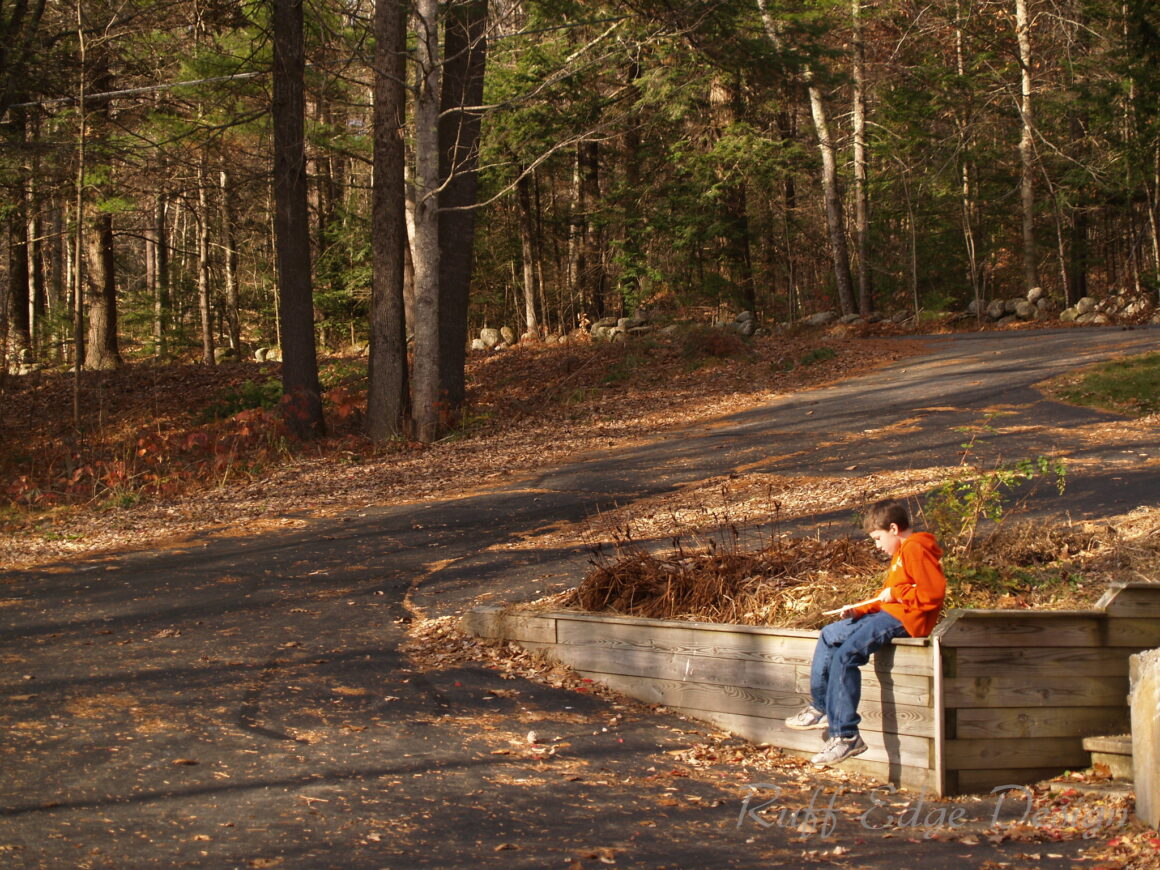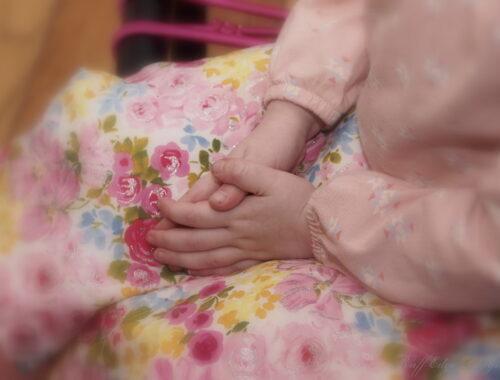
Checking My Boundaries: Asking for Help
I have difficulty asking for what I want or for what I need.
Not any more.
After reading Boundaries and Relationships by Charles L. Whitfield once, I’m working my way through it again slowly, taking time to reflect in my journal and copy down pertinent and helpful excerpts. The “Checking My Boundaries” chapter is a long one, but I’ve found that going through it methodically is of value. It includes a questionnaire with 40 statements followed by:
Never Seldom Occasionally Often Usually
Just today, I asked my husband to vacuum the upstairs hallway before he headed down the road for a walk. Dennis said, “Sure,” and started in, finishing up in about ten minutes. He then helped me get a desk downstairs to my studio.* Not such a big deal, right? Well, in the past, it might well have been. I probably would have tried doing it all myself, getting frustrated that nobody was offering to help, and then I would have resented Dennis for going out for a walk while I had all this work to do because nobody else could be bothered to even see what needs doing.
Whitfield explains that dynamic like this:
When I don’t know my needs or wants, which are important parts of my inner life, it means that I don’t know who I really am. I may not be fully aware of my True Self. To be aware of and to experience my True Self, my Child Within, I need to have a sense of my personal boundaries and limits. My boundaries and limits help me to protect and maintain the well-being and integrity of my True Self. When I live my life from and as my True Self, I am aware of my powerful inner life, which includes my wants and needs.
My former difficulty in asking for help stems from not getting the attention and help I needed as a child, and my mother’s moods played an important role in that: asking her for something (anything at all) when she was in a bad mood was a bad idea, so I asked judiciously: it had to be worth it.
Were Mom’s bad moods commonplace or rare? It feels like they were a daily occurrence, but whether or not that’s close to the truth is immaterial. They were significant enough to have me and my siblings (and my father, I imagine) living in a constant state of being on high alert, with the “fight, flight, or freeze” response always at the ready. How had my mother gotten this way? By not having her emotional needs met as a child or as an adult.
From the outside, it probably looked like she came from a big, loving, Italian family with few problems, few worries. She had a father who provided well enough for his wife and children; just as my father did for his. But is that enough? No. Not even close. And that’s where—I now realize—my frustration with Mother’s Day comes in. Mother’s Day is concerned with little more than appearances: you buy your wife or mother flowers she can show off; take her to brunch, where others can see you doing it; praise her on social media, more for your followers’ benefit than hers—but what’s the real story? How many other days of the year is she desperately trying to keep it together while her husband puts work, golf, the financial statements, or who knows what all else first? Yes, she has a decent house, a nice enough minivan, and doesn’t have to get a job, but when was the last time someone listened to her and validated her feelings?
Interestingly, my problems with asking for help only got compounded by the man I married, for he came from a family that prided itself on its independence and self-sufficiency. Did he get what he needed as a child? Not even close. Could either of us see this and understand what was causing our frustration and miscommunication? Not until we began working to understand each other and our kids by working to understand ourselves. It’s what I meant when I recently wrote: Discovering your True Self is the most important thing you can do, not only for yourself, but for everyone in your life.
*I was working on cleaning the foyer, powder room, and my studio, hoping to get it all done before my grandson comes over this evening (not that he’d notice; he’s only two), but I was switching out my easel for a desk from upstairs, and I don’t see much point in moving things around without bothering to clean up as I go.




